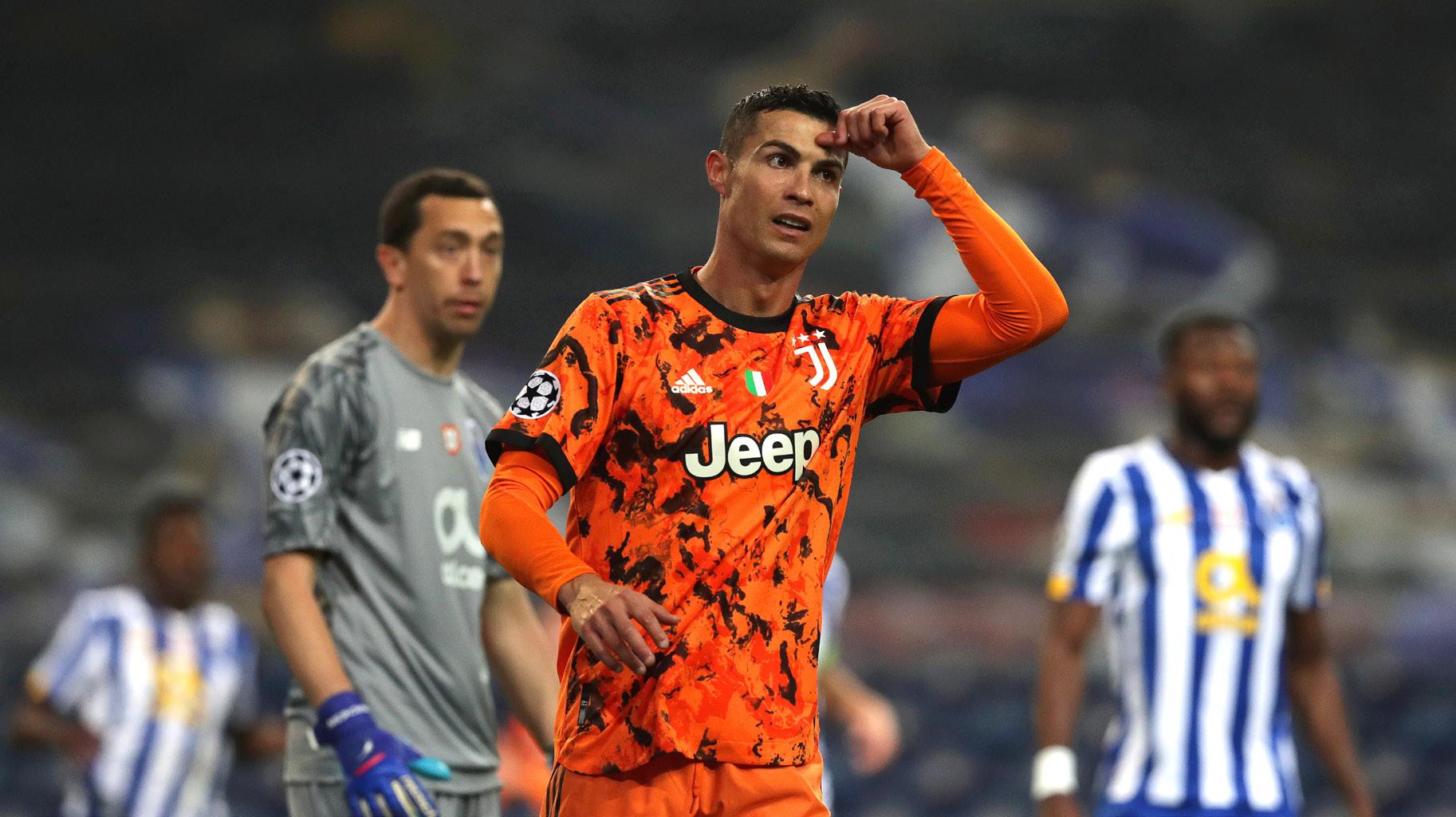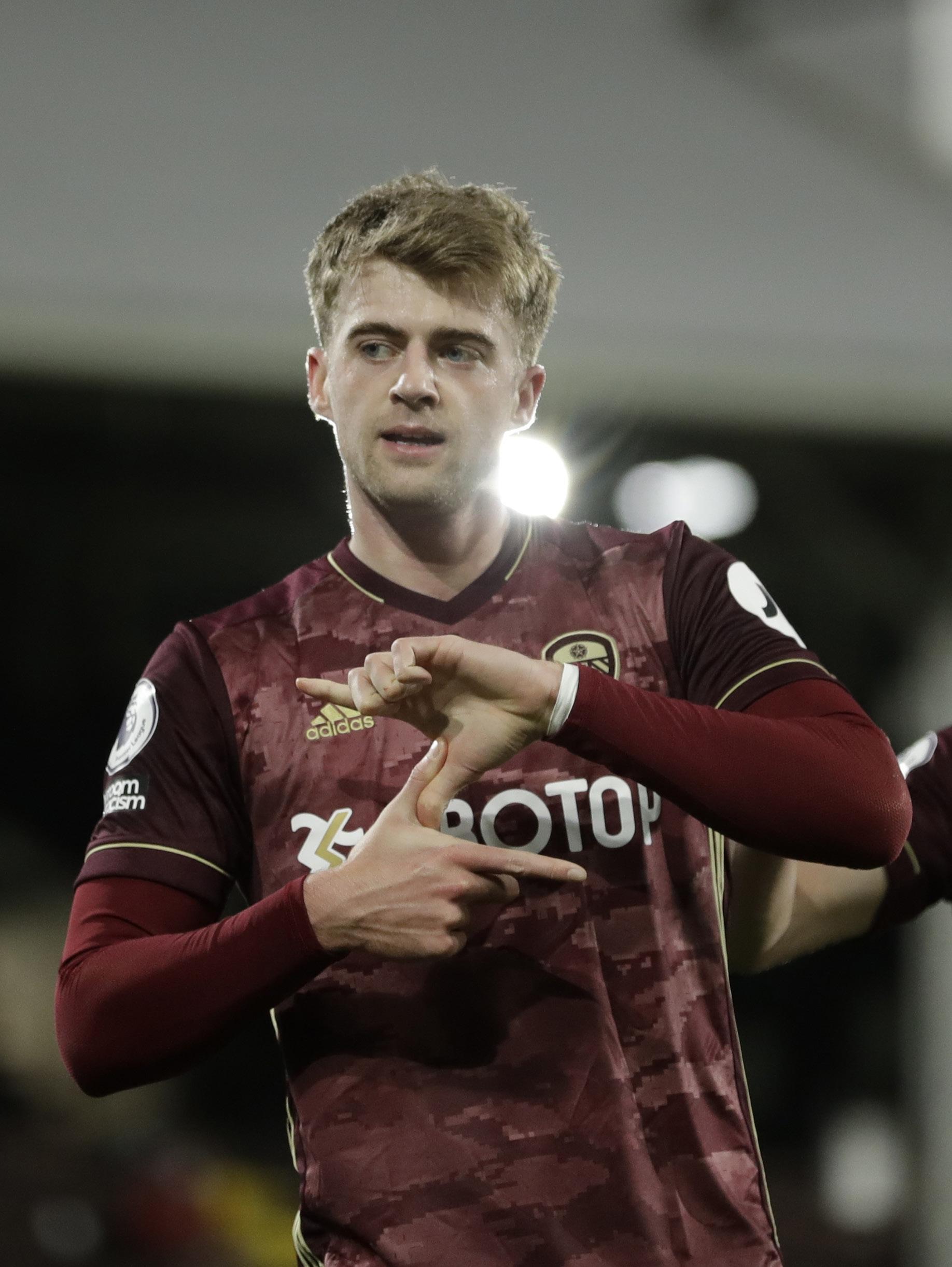
11 minute read
THE GOOD, THE BAD & THE UGLY
REVERSAL OF FORTUNES
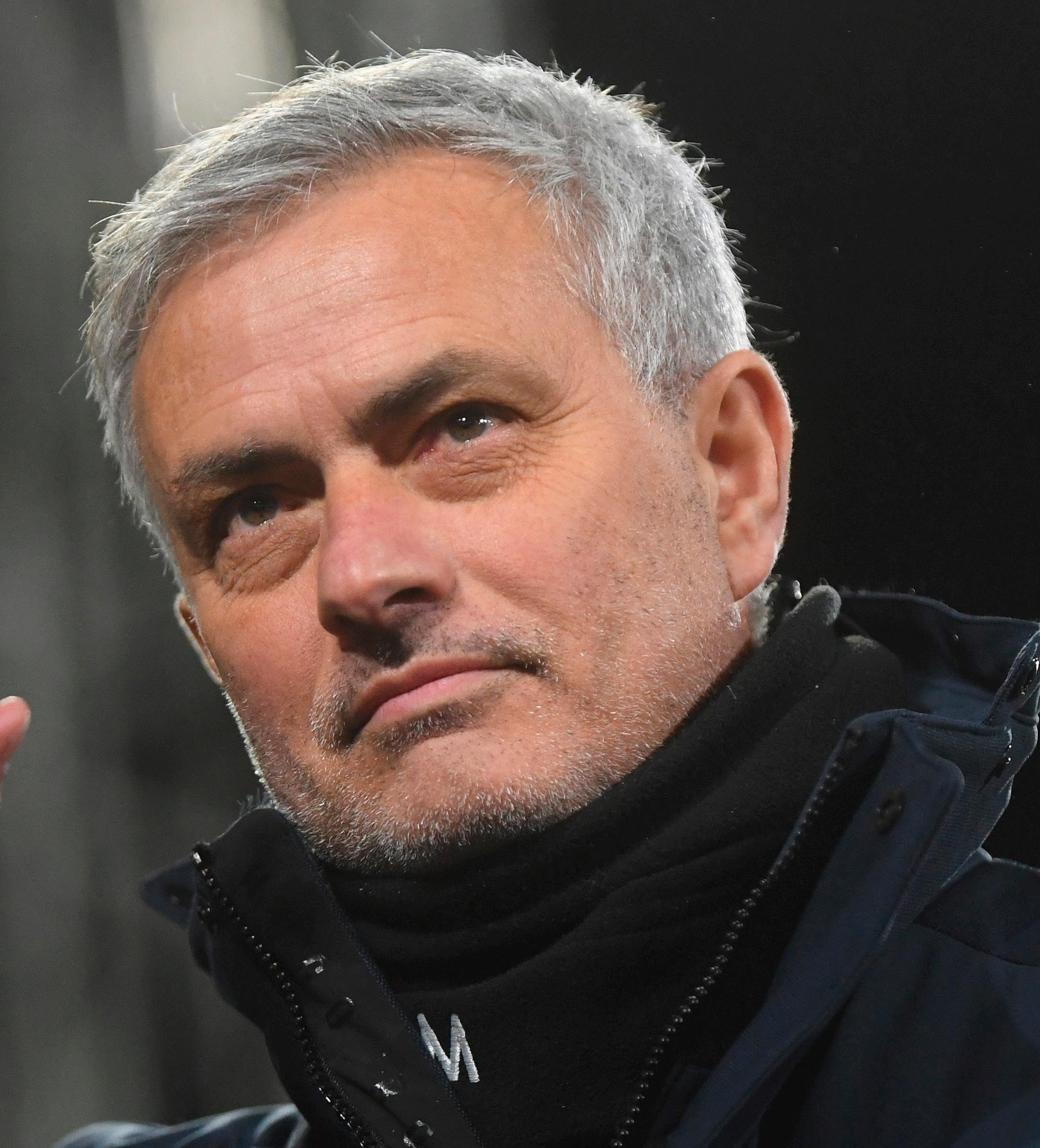
Advertisement
FIRST HE WAS THE SPECIAL ONE, THEN HE WAS THE HAPPY ONE. NOW? JOSE MOURINHO MIGHT BE THE STALE ONE. DAN ROBERTS LOOKS AT TOTTENHAM’S EUROPA LEAGUE FAILURE AND HOW IT CONTRIBUTED TO MOURINHO’S SPURS SACKING…
With just a few weeks to go before Christmas last year, Tottenham Hotspur sat at the top of the Premier League. The upcoming game against Liverpool was billed as a possible title decider or, at the very least, a test of whether Spurs could go all the way this season. A few months later the north London club’s season had effectively fallen apart, and manager Jose Mourinho was out of a job. That the axe fell the day after the announcement of the Super League and Spurs’ involvement in it may have been fortuitous – or not. Would chairman Daniel Levy have timed Mourinho’s departure to deflect attention from the most divisive venture in European football? It came in the week of Tottenham’s EFL Cup Final fixture against Manchester City, and victory there might have strengthened Mourinho’s position. As it was, some disastrous Premier League results – and performances – between Christmas and Easter saw the club fall down the table. But crashing out of the Europa League to Dinamo Zagreb was arguably even worse. Evidently, progression in the EFL Cup wasn’t enough to save Mourinho and being knocked out of Europe in the manner they were led to real questions over the team, the future of its star players and whether Mourinho was the man to lead Spurs back into contention. Levy answered that point emphatically. The ‘Special One’ has won more than most at the very top of the game, at some of the biggest clubs in Europe. But there has always been criticism of his methods and his tactics. Has his style of coaching and management become a relic of the past? And what’s next for him? Spurs were never really fancied to win the Premier League this season, but an excellent start to the campaign saw just one defeat in the first 12 games. Even though they then lost to Liverpool, there was still a belief that Tottenham might be able to qualify for the Champions League again, at the very least. But performances slipped and results followed, especially as 2020 rolled into 2021, and it became a struggle to qualify for Europe at all. That would be bad enough but in the context of the Europa League debacle in Zagreb back in March, Spurs’ fall from the summit has led to genuine questions about Mourinho’s management and his future. To recap: Spurs breezed into a two-goal first leg lead in a comfortable home win with two goals from captain Harry Kane. The second leg in Croatia was never going to be straightforward, but the gap in quality between the squads and the lack of home fans should have helped Spurs into the last eight. Mourinho, to his credit, did warn his players that the tie was not over, but an insipid display followed and a hat-trick for Mislav Orsic – including a third goal where he waltzed through the Spurs defence – saw Tottenham crash out of a tournament they should have been thinking about winning. And then the floodgates opened, as whispers of criticism about Mourinho’s Spurs tenure gave way to a torrent of disapproval. It had been widely reported that Mourinho’s contract did not include a break clause, which reportedly made sacking the Portuguese – and his backroom team – a very expensive
ABOVE (MAIN): A few weeks before Christmas, Tottenham were top of the league…a few months later, Jose Mourinho was out of a job
ABOVE (SMALL): Jose Mourinho has been criticised for overly defensive tactics and a toxic relationship with the players
MOURINHO'S HONOUR ROLL
It looks as though the magic might be running out for Jose Mourinho but there is no doubt that he has been one of the most successful head coaches in European club history. That level of success might be out of reach at Tottenham, but it’s worth looking back at just how successful Mourinho has been in the past.
PORTO After winning the domestic cup and the league title on two occasions, Mourinho also put together one of the best Porto teams in the club’s history and won not only the UEFA Cup in 2003 but also the Champions League a year later.
CHELSEA His success in Portugal earned him a big move to England, where he took over at Chelsea. With back-to-back Premier League titles and a personality that enamoured the British media, Mourinho became one of the biggest names in the sport. He also added a few domestic cup titles to his resume. But failure on the European stage and a falling out with owner Roman Abramovich saw him sacked in 2007.
INTER By the time the 2008-09 season came around Jose was in Serie A with Inter. He immediately won the Scudetto but failed again in the Champions League. That was remedied a year later when he followed another Serie A triumph by lifting the biggest cup of them all, beating Bayern Munich in the final. Add in a Coppa Italia and it was an historic treble-winning season for the Nerazzurri.
REAL MADRID The ‘Special One’ could seemingly do no wrong and left Italy to take over at Santiago Bernabeu. But the expensively assembled Real Madrid squad he inherited had been underperforming in recent years. Mourinho was unable to turn the tide around completely, winning just one league title and a couple of domestic cups in four years. European glory evaded him and he was allowed to leave in 2013 after a trophy-less season.
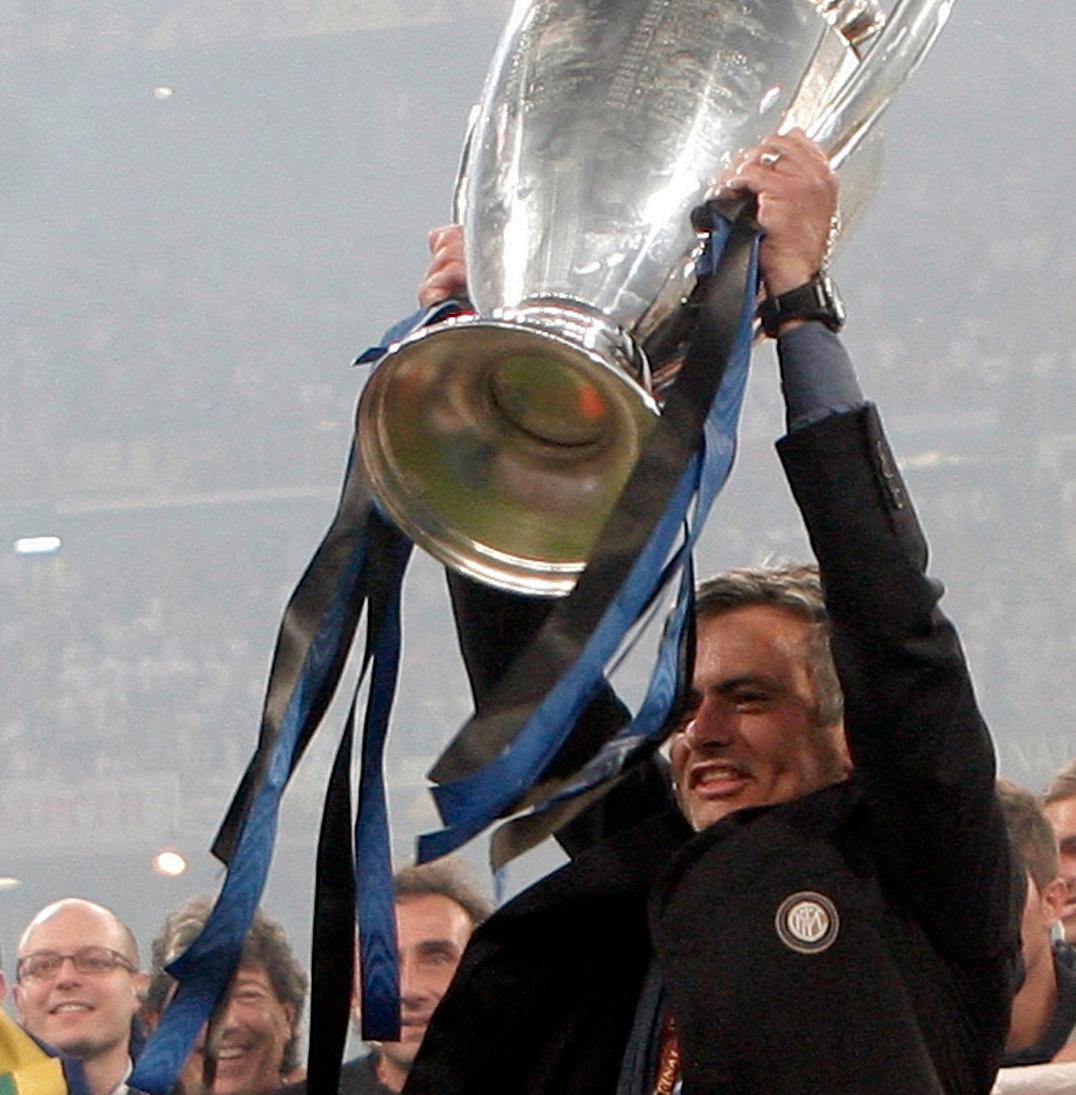

decision for Levy to make, put in some reports at £20m. Perhaps the prospect of €3.5bn from the proposed Super League helped soften the blow. But how did it come to this for Levy, Spurs and Mourinho – from being top of the league shortly before Christmas? Mourinho joined Spurs when he was named to succeed Mauricio Pochettino, who some argued was sacked too early when his team’s form dipped. Levy had been a long-time admirer of Mourinho and after dispensing with Pochettino – who has since taken over at Paris Saint-Germain – saw his chance to bring him to north London. Mourinho’s style of management, preferred tactics and recent relative lack of success at Manchester United did not make him an attractive choice for large sections of the Spurs fans. His list of achievements and medals won might have papered over those misgivings, but most of those were from many years ago, and his star seemed to have lost its shine even before he was sacked in April. The 58-year-old has always thrived on having an antagonistic relationship with opposing fans, clubs and parts of the media, and been criticised for it. His backers have pointed to bulging trophy cabinets as an instant riposte. Mourinho won the Champions League with Porto and Inter, as well as league titles in Portugal, England, Italy and Spain. Even his time at Old Trafford – perceived to be unsuccessful by some – saw a Europa League success. But that was the last major trophy he won in Manchester, and he was sacked less than two years later. Mourinho’s win percentage at Tottenham largely stayed over 50% – it was 51.2% at the time of his dismissal, but that is his worst figure outside of a brief spell in charge of Portuguese club Uniao de Leira, before he moved to Porto in 2002 and his career took off. If that figure continues to drop, there will be little for his supporters to point to. In Mourinho’s favour is that his Spurs side won more Premier League points than Chelsea, Leicester City and Arsenal during his tenure, but they were below two of those three when he was dismissed. Creating a siege mentality has been a regular Mourinho tactic, but scapegoating one of his own players has been a more common tool in recent years. At Manchester United, fans could not understand why Paul Pogba and Luke Shaw were frozen out of the side and publically humiliated by Mourinho. This season, Pogba has been highly influential, when fit, and Shaw has been in the form of his career and recalled to the England set-up. At Spurs, Mourinho more than once blamed the team as a whole for poor results, seemingly abdicating himself of responsibility. “Same manager, different players,” was his response when asked why Spurs struggle to hold on to a lead when his previous teams were so good at it. It has been suggested that the game has simply left Mourinho behind. Personal differences with top players don’t seem to be as accepted as readily as they were in the past. Tactics, too, have changed. Mourinho was once praised for his ability to change formations and plans quickly. Now, his constant reliance on a defensive approach exacerbated Spurs’ 2021 struggles. He warned his players that Dinamo weren’t out of their Europa League tie, yes, but he sent them out with a plan to soak up pressure. They couldn’t, and by the time he changed the system, the tie was as good as lost. The players can be faulted, but Mourinho has to take his share of the blame. There were precious few signs of positive steps for Spurs under Mourinho this season. And now his unhappy reign has been brought to an end, what does that mean for him? Mourinho has already triumphed at most of the big clubs and big leagues in Europe, and he learned from his time at Chelsea to never go back. He has previously spoken about wanting to manage the Portugal national team, and that could be the direction his career takes. Fernando Santos is the current Portugal coach but with Euro 2020 this summer, a good – or bad – tournament could see Santos move on. Mourinho’s managerial style might these days be best suited to international football, where he won’t interact with players on a daily basis, and a rigid, no-frills set-up could account for the lack of familiarity between the players. He though may feel like he has more to offer at the top of the European club game, but it does look like his time is running out.
ABOVE LEFT It’s a far cry from Mourinho’s biggest success, winning the Champions League at Inter – more than a decade ago
ABOVE RIGHT: Will Harry Kane stay at Spurs with the prospect of major trophies further away than ever?
TOP RIGHT: Nuno Espirito Santo
BELOW: Players of Zagreb celebrate winning the UEFA Europa League Round of 16, second leg match between Dinamo Zagreb and Tottenham Hotspur

MOURINHO THE TRAILBLAZER
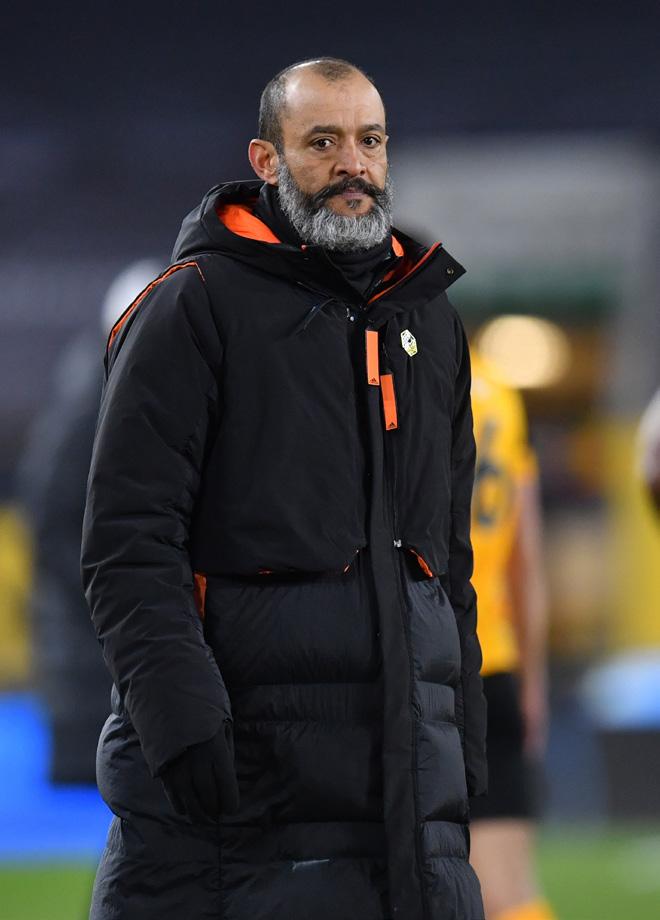
JOSE MOURINHO LED THE WAY IN CREATING A DEMAND FOR PORTUGUESE COACHES OUTSIDE OF THEIR HOMELAND. DAN ROBERTS LOOKS AT A FEW WHO HAVE FOLLOWED IN HIS FOOTSTEPS.
Back in the 1980s, Portugal were one of the also-rans when it came to international competition. But now their players perform in nearly every top team in Europe – and they can boast one of the very best ever to play the game. But Portugal’s head coaches are now beginning to show that there is a lot of talent on the training ground too. Jose Mourinho is probably the most well-known manager from his country – and he is definitely the most successful. But there are others showing off their skills.
ANDRE VILLAS-BOAS After proving himself at Porto, Andre Villas-Boas came to the attention of the football world outside Portugal when he took up the reins at Chelsea and then Tottenham Hotspur, having been a Mourinho protégé. But it was in Russia where he enjoyed success with Zenit St Petersburg. He has coached in China and most recently at Marseille; still only in his early 40s, AVB will be around for a while yet.
PAULO FONSECA Another Portuguese coach with an undistinguished playing career, Fonseca made his name in the lower reaches of his country’s league set up before impressing enough at Pacos de Ferreira to earn himself a job at Porto. Things didn’t go quite as planned and he then coached at a number of other top flight clubs before a hugely successful spell in Ukraine with Shakhtar Donetsk. A series of titles attracted Serie A giant Roma, where he has battled for a Champions League place.
NUNO ESPIRITO SANTO A former goalkeeper who played in Spain and Russia as well as Portugal, Nuno Espirito Santo started off his coaching career at Rio Ave before moving on to Valencia. An unsuccessful season at Porto followed before he started the journey to bring Wolves back to the Premier League. A close friendship with agent Jorge Mendes has seen many of Portugal’s young talents coming through the club as they consolidate their position in the English top flight.


